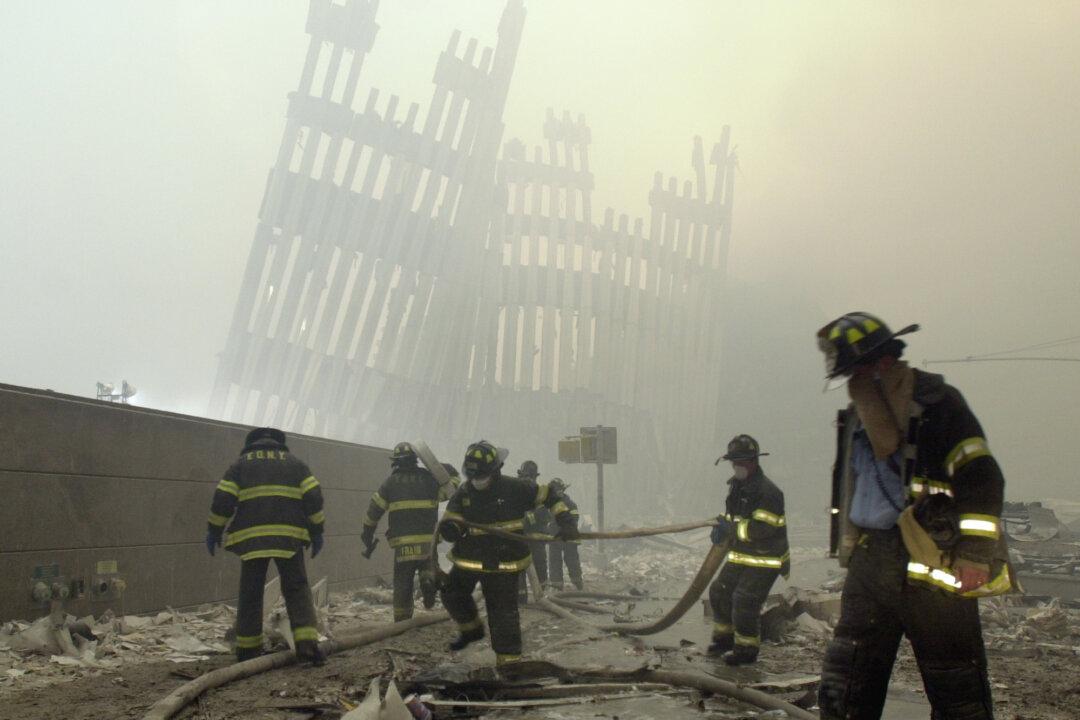The long-awaited secret 9/11 report dubbed the “28-pages” that discusses alleged links between the hijackers and Saudi Arabia has been released by the Obama administration.
Fifteen of the 19 hijackers were Saudi nationals.

The long-awaited secret 9/11 report dubbed the “28-pages” that discusses alleged links between the hijackers and Saudi Arabia has been released by the Obama administration.
Fifteen of the 19 hijackers were Saudi nationals.